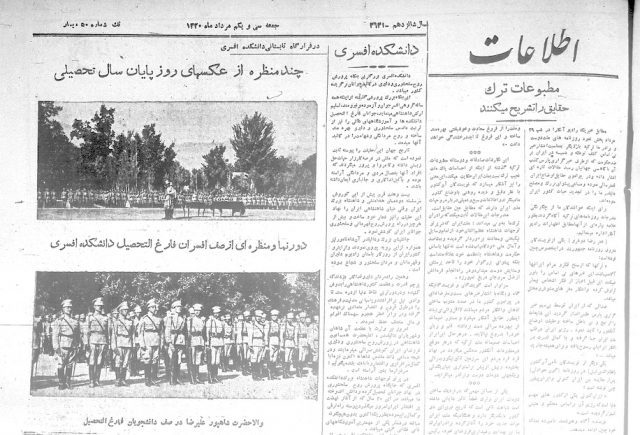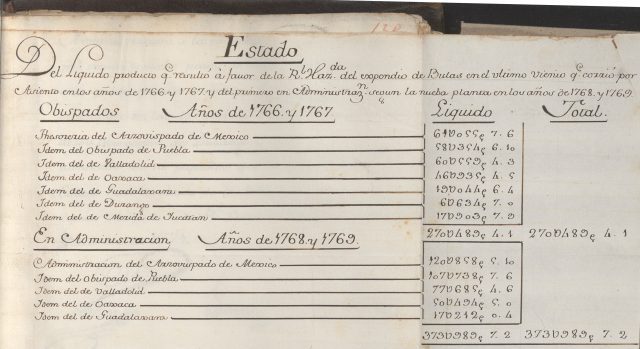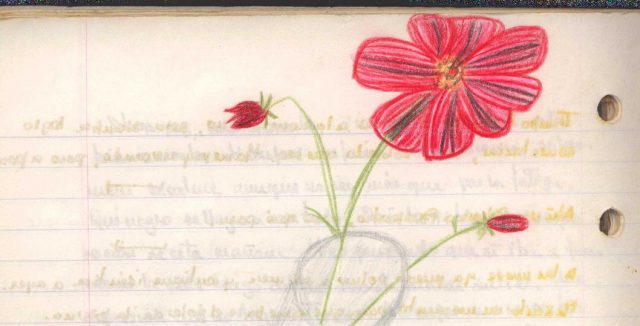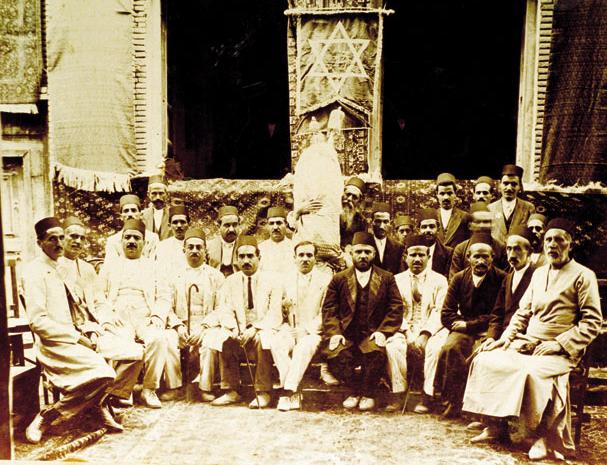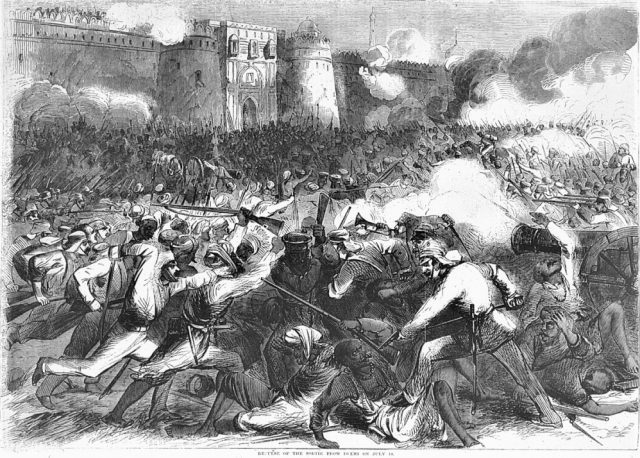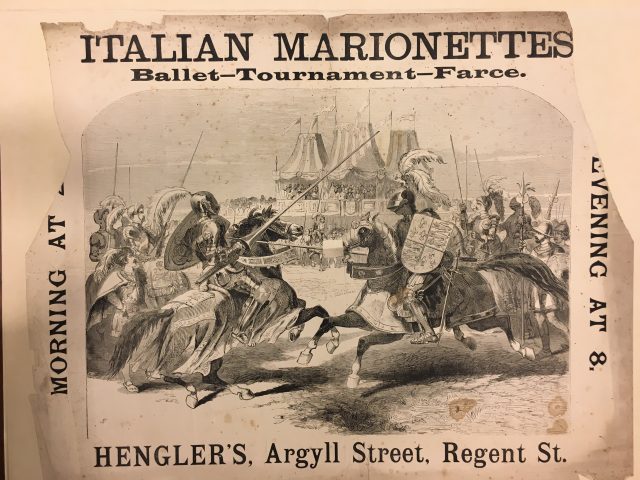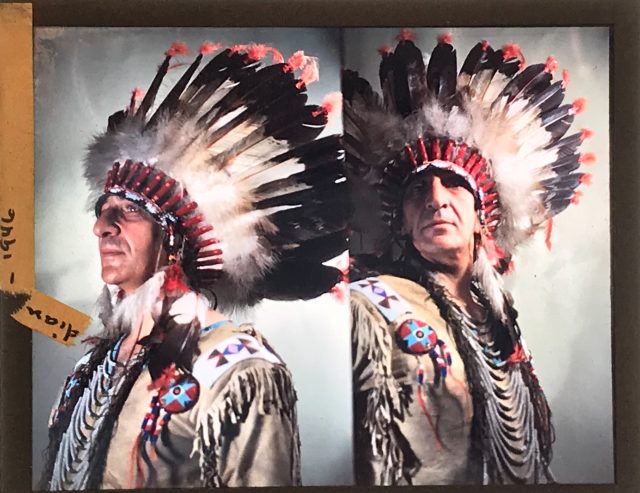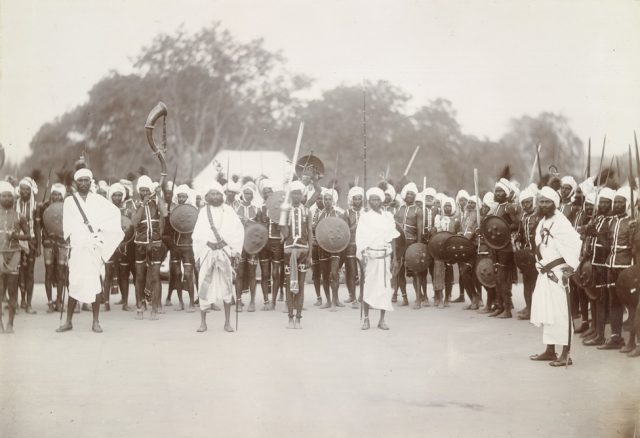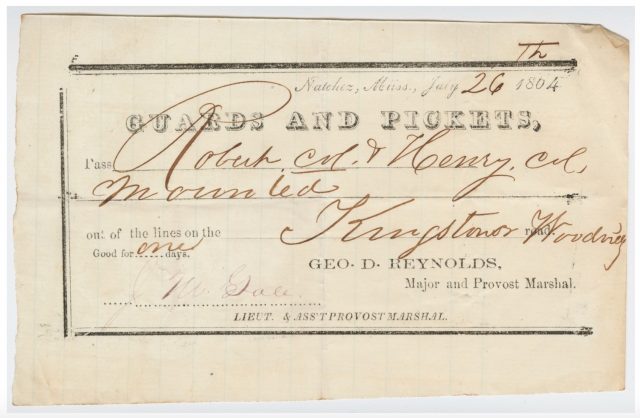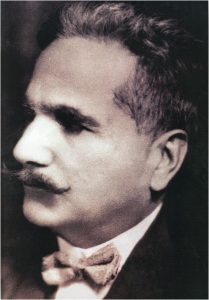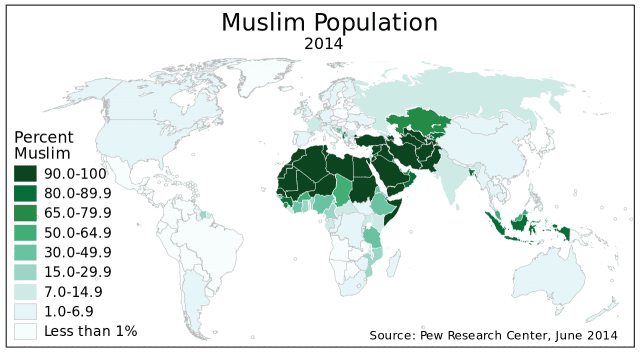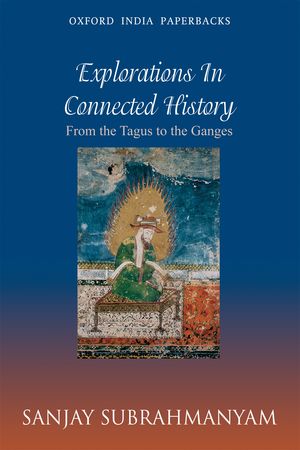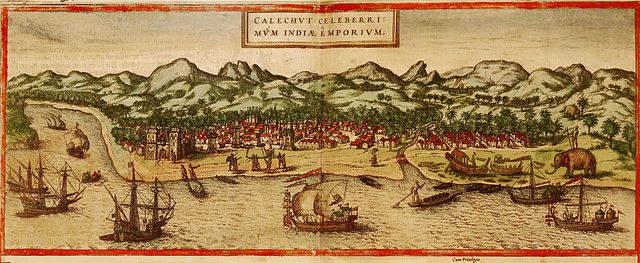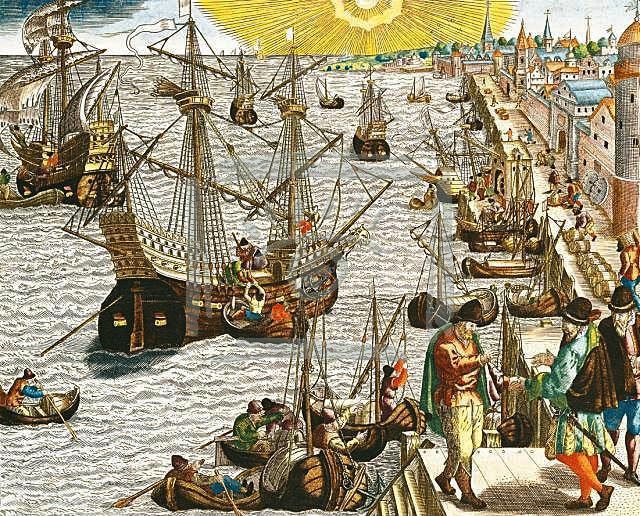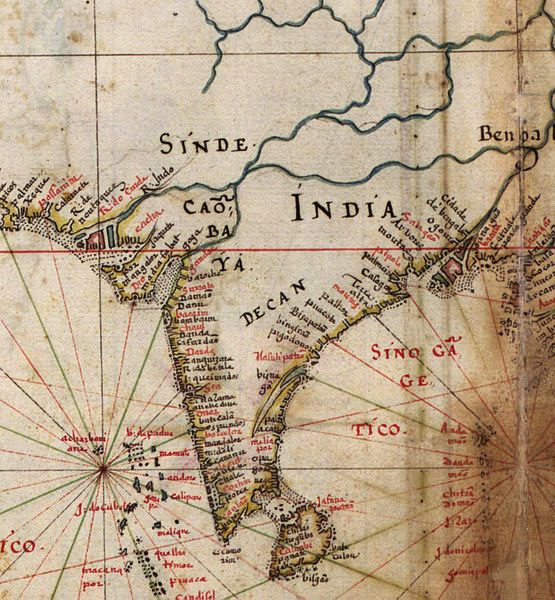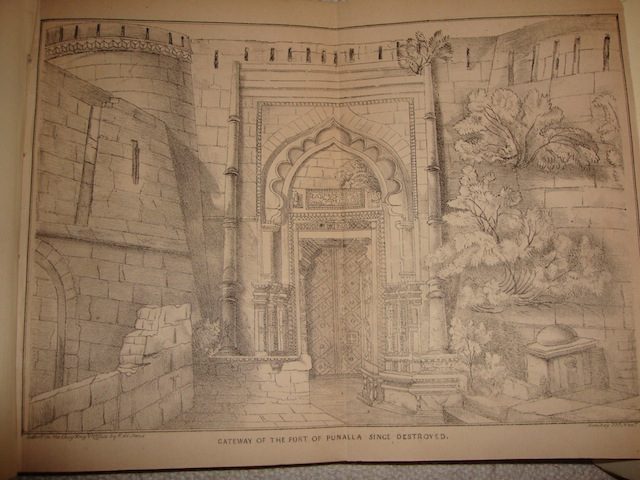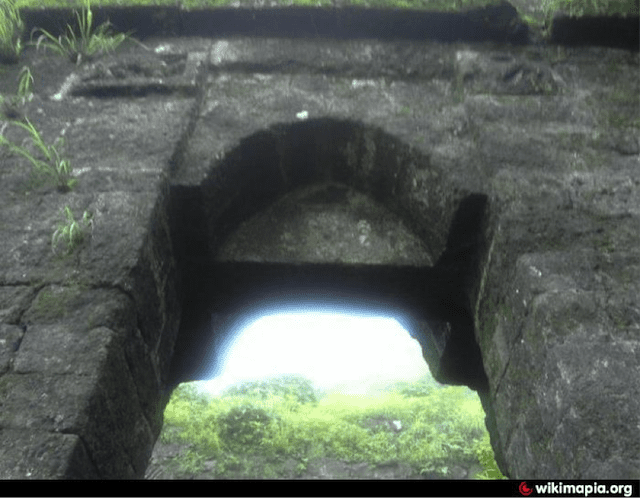Empires ancient and modern are large, hierarchical organizations, structurally founded on deep inequalities of risk and reward. The British Empire in Asia was no exception. At the front lines of imperial power were, all too often, common men (and some women) who were tricked, cozened, misled, coerced, and whipped into serving as the cannon-fodder of Empire. The temptation to desert was often present and the thought of mutiny cannot have been absent. These plebeian men were ‘kept in line’ men of status who served as commercial agents and military officers. But even among them, kickbacks and commissions were omnipresent and could grow into serious leakages of revenue or foment major acts of treason. Furthermore the wholesale desertion of a dynasty by its elite subjects was not unknown. In Britain in both 1660 and 1688, the political establishment and key army units deserted their established government to side with an invader sponsored by a foreign power. We could multiply such examples.
Transoceanic empires built by corporations like the British and Dutch East India Companies faced even greater problems because they lacked the sacred aura that surrounded kings and helped maintain nominal loyalties. It took nearly half a year for an inquiry or command to reach a functionary in Asia and it took many more months before a report or an excuse would come back. The military, commercial, or political situation could change dramatically in the interim. Many readers will be aware, for example, that the British and Americans continued to fight for six weeks in 1815 after the peace treaty was signed between the two powers. One of these peace-time battles cemented Andrew Jackson’s reputation and propelled him to the presidency. Asia was much further away and across more dangerous waters.
Corporations growing into empires, such as the Dutch East India Company and English East India Company were keenly aware of what modern organization theorists, such as Oliver Williamson, have termed the “agency problem.” This is simply the difficulty of monitoring subordinates and ensuring that they act mainly in the interest of those (“the principals”) whose “agents” they had been hired to be. In 1613, a vexed East India Company merchant, Nicholas Withington reported that the many Portuguese “renegades” were already being joined by a trickle of Englishmen, like one Robert Claxon. He converted to Islam for money but, dissatisfied with something, returned and appeared penitent. He was then trusted with Company funds and absconded for good. As the vexed Withington recounted it, Claxon:
had also turned Mahometan in the Decan, with a good allowance at [the Sultan’s] court; but, not being contented, he came to Surat, where he was pitied by us for his seeming penitence; but being entrusted with upwards of forty pounds [sterling: a considerable sum at the time] under pretense of making purchases, he gave us the slip and returned to the Decan. Thus there are at present four English renegadoes in the Decan, besides many Portuguese.
This was an example of the problems of large organizations: how can you ensure compliance and loyalty when agents are far removed and have sanctuaries beyond your control?
Even in 1787, the reforming Governor-General Cornwallis, came to India fresh from America. He often inveighed against the East India Company’s English employees for their incapacity or corruption. The editor of his letters wrote plainly of how the Company had been cheated by its senior employees in, for example, the purchase of silk.
The East India Company was an established ruling power in large parts of India after 1757. But the indiscipline and venality of even its senior-most civil and military officials once they realized how quickly they could grow wealthy brought the Company to the edge of ruin in less than 20 years. It was forced to seek a “bail-out” from the Royal Treasury. The illustration below depicts an East India Company official in regal guise, lording it over the “natives.”
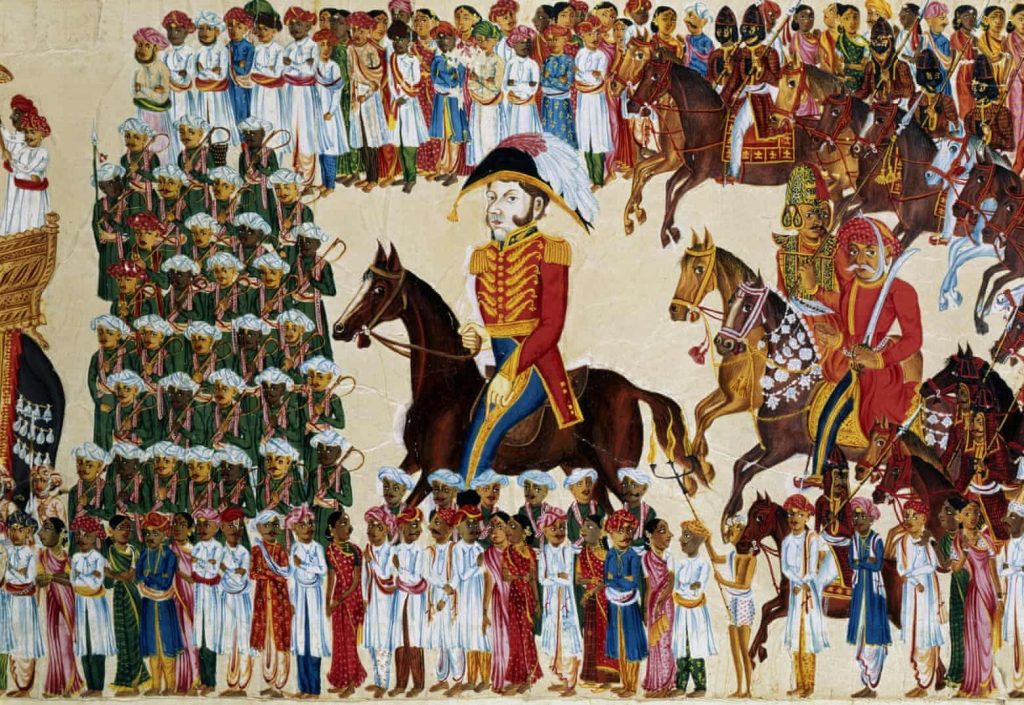
This resulted (after some years of partisan grid-lock) in the dispatch of new governor-general with sweeping powers. This was Lord Cornwallis who came out to “reform” British India fresh from a bruising surrender at Yorktown in Virginia in 1781. He realized that neither a common language nor a common religious affiliation could guarantee either honesty or loyalty. From the time of his tenure as chief executive in India (1786-1795) therefore, the British regime carefully managed the social reproduction of European officers and soldiers. This was done to prevent the formation a dangerous Creole settler class. The Company had long sought to limit the numbers and control the conduct of private Europeans in India in order to maintain its commercial monopoly against “private trade.” Under Cornwallis, political prudence provided another rationale. The value of this strategy was made obvious when Governor General John Shore was faced with a mutiny among the East Company Army’s European officers in 1795-1796. Reflecting on the episode a year or so later, Shore’s successor in office, Richard Wellesley, wrote that:
If Europeans had been settled with their families in India; or if these men had, or could have had, their homes in that country, the Company would have lost it, [their Indian empire] and nothing could ever have regained it.
It was from awareness of this danger that, as Indrani Chatterjee was the first to show, the Company assiduously sought to limit the development a local power elite with any genealogical depth. This was intended to preempt any consequent claim to the “rights of Englishmen” that had just been forcefully raised in North America. The children of mixed European and Indian parentage were therefore turned into a socially inferior class of Eurasians, excluded from power. As early as 1786, the Company forbade the children of “native women” from traveling to England, after discovering that the Indian-born John Turing, “dark as his mother,” had done so and secured a cadet’s appointment in the Army. Two decades later, a “mulatto” candidate secured an appointment only by paying a young Englishman to impersonate him at the interview. Although disavowed progeny were increasingly excluded from the Army and higher civil service, some Eurasians were in found jobs in other state employment into the 1830s. But the official policies toward them derived from a well-established, generalized contempt for those of mixed descent. As early as 1786, Surgeon Richard Wilson, in proposing the creation of a charity school to raise such children as loyal Protestants, remarked that it “hath long been a severe and unanswerable Reproach from the Natives of this Country that Britons, above all other Nations, have neglected and despised their progeny.”
If efforts at social integration had succeeded despite such attitudes, British India might have developed into a casta-ranked society like the Spanish Americas. But the need to win the support of the indigenous clerical classes, as well as the fear of promoting a Creole elite like the treacherous Americans, led the East India Company onto a different track. In the last few decades of its rule, before the revolt of 1857, Eurasian clerks were gradually displaced in state service by Indians from the traditional clerical classes, both Hindu and Muslim and, around Bombay, also Parsi and Goan Catholic. A greater regard by the British for their own “blood” returned after 1857, when Anglo-Indians were extensively recruited into the developing railway system in order to ensure imperial control of this strategic asset. Eurasians, however, could not compete with the indigenous clerical classes in subordinate employment, that is to say, clerical work.
The government continued to follow the logic of Wellesley’s argument against allowing Europeans to set down familial roots within India, and sought to ensure that the affective ties and personal aspirations of key cadres such as Covenanted Service and Army officers should be directed toward England. The disciplinary value of this policy for the East India Company’s government is shown by Sleeman’s dedication of his Rambles and Recollections (1844), to his sister. He observed how nine out of ten Englishmen in India found their greatest pleasure in letters from their sisters at home, which filled the landscapes so dear to our recollections, with ever varying groups of the family circles, among whom our infancy and our boyhood have been passed; and among whom we still hope the spend the winter of our days.
He added that the approbation of the circles represented in these letters was an important restraint on Englishmen in India, and so the sisters should be considered “a valuable species of unpaid magistracy to the Government of India.” The psychic isolation of young men well indoctrinated in this system and left among Indians without their families was described to Emily Eden in 1837 as a “horrible solitude” that produced depression. One such officer told her of “the horror of being three months without seeing an European, or hearing an English word …” Indirectly, therefore, we may see patterns of marriage and family formation being managed by the British imperial regime to bolster the loyalty of key elements of its governing apparatus. The political and military efficacy of that apparatus thus depended on constant policing of the boundaries of ethnicity.
Legitimate reproduction was now focused on Europe-born women. Lord Cornwallis had raised official salaries both to ensure fidelity and to allow mature civil servants to make “suitable” marriages and sustain the establishment needed for them. Licit sex and open conjugality were now limited to English-born women. By the 1850s it was said of the junior-most Indian Civil Service officer that he was worth “three hundred [pounds sterling] a year, dead or alive.” Numbers of young women sailed out to India as part of what was archly termed “the Fishing Fleet.” Many did marry officials there. But it was soon discovered that their infants died in alarming numbers, doubtless aided by Victorian medicine and its therapeutic use of opium, alcohol, mercury and blood-letting for all ages and sexes. Furthermore, the still prevalent climatic theories of “racial qualities” suggested that children raised in hot climates deteriorated from the parental stock. From the mid-nineteenth century therefore, young children were usually sent back to Britain while in India fathers worked and mothers sought to monopolize all legitimate conjugality. The result was that generations of children were torn away from their parents and if boys, certainly introduced to that staple of Victorian education, the rattan cane. Two of these children were initially too young (six and three) for school, so Rudyard Kipling and his sister were left in Lorne Lodge, Southampton.

Kipling later wrote of himself and his sister that, when he was told his parents had left him “for ever,” he “went out and wept bitterly with Judy, into whose fair head he had driven some ideas of the meaning of separation.” He also invoked the desolation he had felt in a later poem:
A Well-a-day for we are souls bereaved!
Of all the creatures under Heaven’s wide scope
We are most hopeless, who had once most hope
And most beliefless, who had once believed.
There are doubtless children in the USA today with good reason to echo that.

